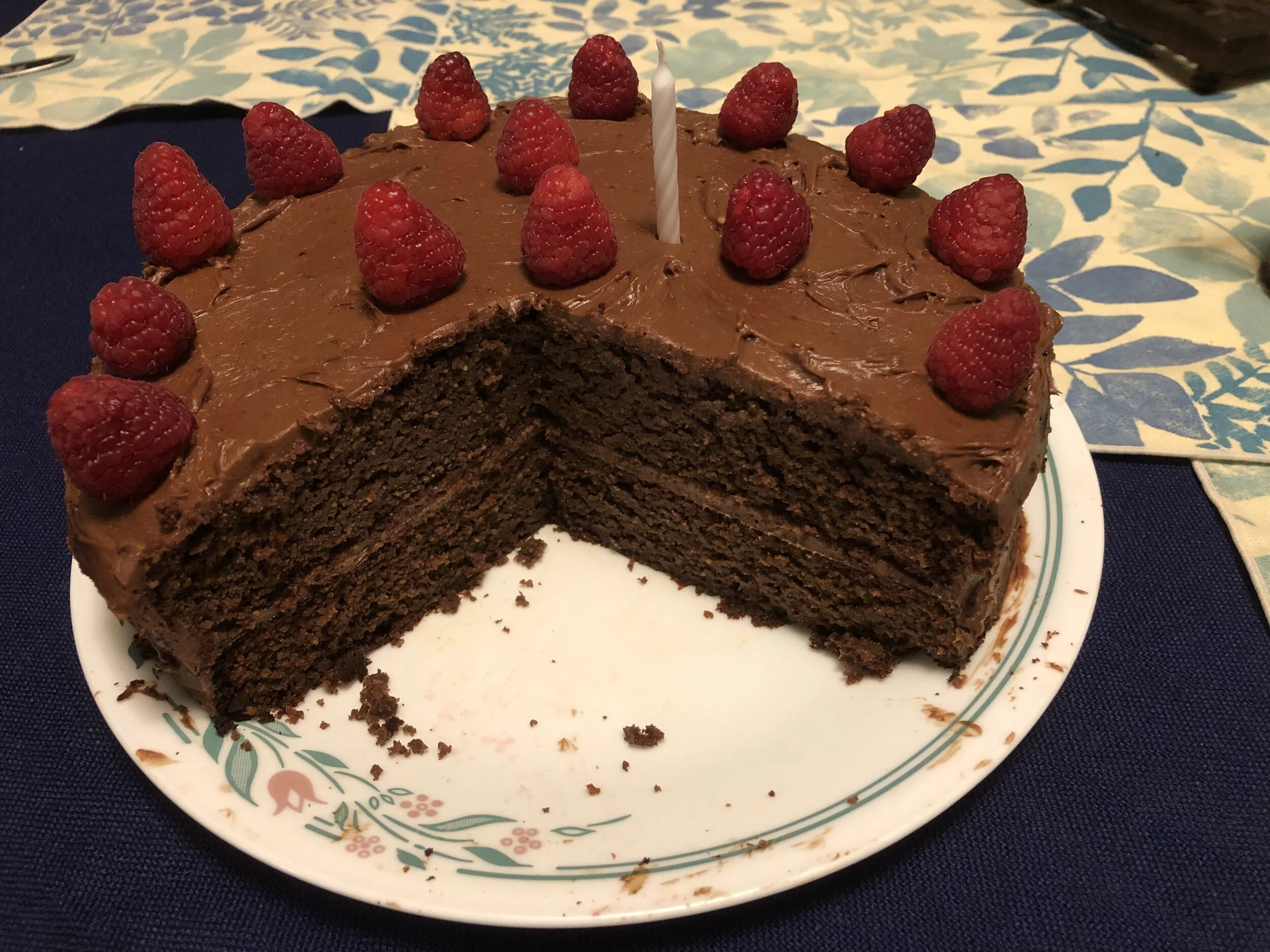Sleep Tips To Better Health
Everyone knows..or at least FEELS how important sleep is. Getting a restful night’s sleep is one of the best ways to put your body into optimal healing mode, reset your circadian rhythm and reset your hormones. Studies consistently show that those who get less sleep have a greater risk of cancer, other diseases and early death.
Unfortunately, because of work schedules, packed schedules, use of caffeine and all of the electronic devices we use, Americans sleep less than they did about 100 years ago and are also aging faster. Deep sleep helps to strengthen your immune system, heal your cells, and reset your hormones. Sleep deprivation is linked to all different types of chronic diseases including obesity, diabetes, cancer, and hear disease.
What are some ways that you can improve both your sleep quality as well as the length of time for sleep?
The first thing I recommend is sleep hygiene. This means fostering an environment that is ideal for sleep. Make your bedroom a place just for sleeping. Leave the lights, Ipads, phones and other bright devices out of the bedroom. Don’t watch tv or fall asleep to the tv either. In order for your sleepy hormone melatonin to rise appropriately, you need darkness. If you MUST work late at night, it may be beneficial to invest in amber colored glasses. These types of glasses block blue light which suppresses melatonin production.
You also want to make sure your room temperature is cool. Most women do best with a room temperature around 62-65 degrees at night. Use layers on your bed if necessary. About an hour before bed, you want to help your stress hormone cortisol to decrease. Take a relaxing bath, use essential oils such as lavender for relaxation, or do a few relaxing yoga poses.
When it comes to eating, you want to develop eating habits that will help your body to sleep better. Unfortunately, wine and chocolate may be stimulating late at night, or worse, will cause a reflex waking right about 2-3 am. If you find this happening frequently, limit the amount of these items late in the evening and instead try a bedtime snack that includes protein and healthy fat. A good choice might be a tablespoon of almond butter or a slice of avocado wrapped in turkey.
The use of sleeping pills doesn’t help the situation either. In fact, recent studies have linked the use of sleeping pills to greater risk of cancer and death. Instead, use natural supplements such as Valerian, Chamomile, or a natural sleep aid such as Insomnitol, which includes lots of relaxing herbs plus a small dose of melatonin.
Just as darkness is important for melatonin levels to rise at night, it is also important to have exposure to natural sunlight during the day. This helps to reset your circadian rhythm and keep your energy up during the day when you need it. Exercise also helps and studies show that doing 30-40 minutes of aerobics or brisk walking four times a week helped study participants fall asleep faster and sleep deeper.
If you find that your sleep is disturbed with thoughts of the day or worries about life, then you can try a guided meditation. I love brainwave entrainment because it helps to gently move your brainwaves into the more relaxing alpha and theta levels. If you would like to try a free demo of one, click HERE.
There are so many sleep monitors out on the market now and they are an excellent way to track your sleep. Most will give you an overall amount of sleep as well as clues on the quality of sleep.
The key to getting restful and restorative sleep is to start taking small steps now. How many of the above actions can you incorporate into your life? Try one or two things to see how they affect your sleep. Pinpointing your exact sleep schedule can be beneficial in helping your healthcare provider figure out the causes for your lack of sleep.
Be on the lookout for a follow-up blog discussing this in more detail. In the meantime, have a wonderful night’s rest!!
Research Studies:
https://well.blogs.nytimes.com/2012/03/12/new-worries-about-sleeping-pills/
Kripke DF, Langer RD, Kline LE. “Hypnotics’ association with mortality or cancer: a matched cohort study.” British Medical Journal Open 2 (1) (2012): e000850.



Making a New Year’s resolution is easy, but sticking to it can be hard. We all have good intentions when we make resolutions. We want to lose weight, exercise more, take up a new hobby, or get organized. But by the end of January, many of us find ourselves losing momentum and struggling to stay motivated. If you’re feeling like you need a little extra push to keep your resolutions going strong, here are some tips that can help